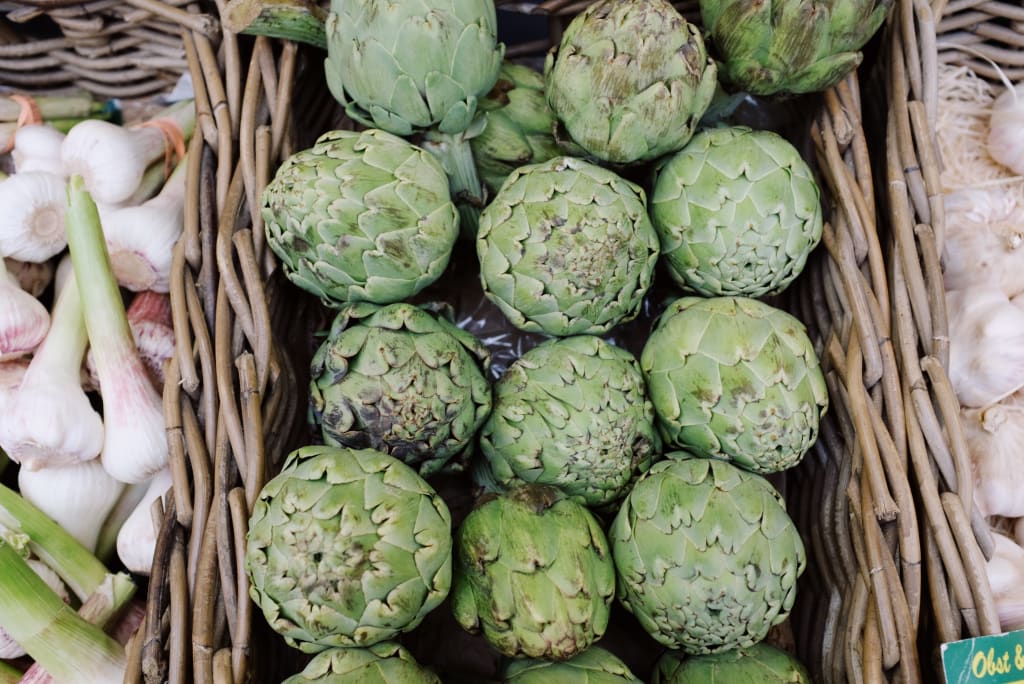Digging into the plant-based diet
Improve your health

For people who want to improve their health and the health of the planet, one of the most empowering things they can do is to incorporate more plant-based foods into their diet. Reducing the consumption of animal products and replacing them with plant-based foods can reduce the risk for three major diseases: diabetes, heart disease, and obesity. The famous China Study conducted by Cornell University, Oxford University, and the Chinese Academy of Preventative Medicine, revealed that a plant-based diet can reduce the risk of type 2 diabetes, heart disease, certain types of cancer, and other major illnesses.
People who make the switch to this diet also report more energy, less inflammation, greater fitness gains, and better overall health outcomes. In terms of environmental impact, consider that a cup of soy or almond milk has about half the carbon footprint of cow’s milk. Producing a half pound of ground beef releases an equivalent amount of greenhouse gasses as driving a 3000 pound vehicle 10 miles. If Americans made the single change of substituting beans for beef in their diet that alone would achieve between 46 and 74 percent of the greenhouse gas reductions needed to meet the US’s 2020 reduction target.
Some people talk of adopting a plant-based diet, while others stress that plant-based eating is more of a general lifestyle choice. It is important to keep in mind that a plant-based diet is not necessarily the same thing as vegetarianism or veganism. In fact, simply removing meat and dairy products from your diet and substituting them with processed meat-free alternatives won’t necessarily result in any health benefits, and could even have negative health consequences.
With plant-based eating, the emphasis is on consuming healthy and wholesome, minimally processed food. Followers of plant-based diets will focus on foods that are grown, but meat and dairy are not completely off limits. A typical plant-based diet will incorporate foods such as fruits and vegetables, beans and legumes, whole grains, nuts, and seeds, and heart-healthy fats like olive oil. A small amounts of eggs, poultry, seafood, meat or dairy may be consumed from time to time. Given the emphasis on healthy choices and whole foods, the plant based diet is sometimes referred to as the whole-food, plant-based diet or WFPB.
Whether or not you choose to go fully meat and dairy free, the suggestions below will help you live a longer and healthier life, and they’ll have the added benefit of being good for the planet.
Eat more plants, period.
Ultimately, the goal is to ensure that 60 percent of each meal consists of plant foods, particularly nutrient rich leafy greens such as kale or cruciferous vegetables such as broccoli. Whether you’re vegan, vegetarian, or still consuming animal products, the other 40 percent of your meal should consist of lean protein such as legumes, fish, chicken, or tofu and healthy fat-rich foods such as nuts or avocados.
Keep it real. Keep your diet as wholesome as possible by consuming foods that are in their natural state. Stay away from processed and refined foods and instead eat like a farmer who has constant access to nature’s bounty. If you’re eating animal products, make sure that you eat the highest-quality, most ethically sourced foods you can afford.
Do what works for you. Making major dietary changes can seem daunting, so nutritionists suggest that people begin by making gradual changes. Begin by swapping out processed and animal-based foods in ways that are simple and straightforward. For example, instead of having a buttery croissant for breakfast, begin your day with a bowl of coconut-milk yoghurt, berries, and nuts. Try using a dairy substitute in your coffee. Once or twice a week, prepare a meatless dinner for your family. The overall strategy is to think about plant-based eating more as a lifestyle choice than a strict diet.
The internet is a fantastic resource for advice on whole-food, plant-based living and delicious recipe ideas. Some great starting points include:
One of the top online resources for plant-based living, designed by the makers of the documentary film of the same name. Fork over Knives also produces the number one plant-based food and drink app with over 180 awesome recipes.
Colin Campbell Center for Nutrition Studies
Excellent online resource on plant-based eating from one of the lead authors of The China Study.
Excellent online resource on plant-based eating from one of the lead authors of The China Study.
More delicious meat-free recipe ideas.





Comments
There are no comments for this story
Be the first to respond and start the conversation.